Research Equipment
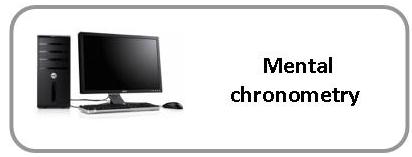
The Numerical Cognition laboratory uses E-Prime 1 and 2 with Microsoft Windows computers to measure performance (i.e., response latencies and error rates) on various computerized tasks with healthy participants and brain-damaged patients.
http://www.ipsp.ucl.ac.be/recherche/Software/Eprime/
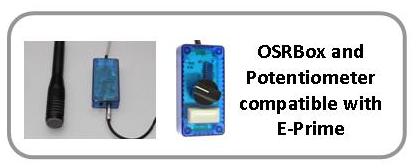
http://www.ipsp.ucl.ac.be/recherche/projets/OSRBox/
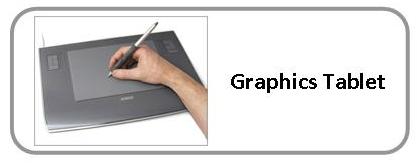
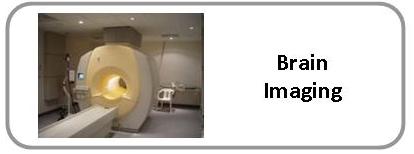
The Numerical Cognition laboratory uses brain imaging scanner facilities (3T Achieva, Philips Medical Systems) at the Cliniques universitaires St-Luc, Université catholique de Louvain. This allows brain activity to be recorded during various cognitive tasks.
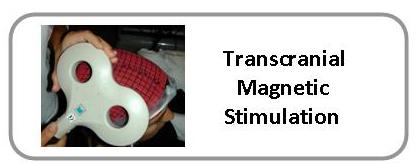
The Numerical Cognition laboratory uses Transcranial Magnetic Stimulation (TMS) facilities at UCL (CoAction Lab, COSY, IoNS). TMS is a non-invasive technique investigating the extent to which a brain area necessarily contributes to a specific cognitive process by causing a temporary and reversible impairment of this process by applying locally a small magnetic field over the scalp. We are using this opportunity to interfere actively with cerebral processes during behavioural performance to investigate various numerical processes, such as numerosity processing or mental calculation.
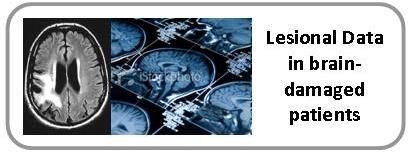
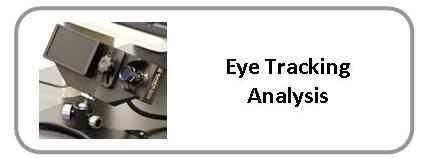
The Numerical Cognition, Psy-NAPS, and SpringLab groups at the UCL recently acquired an EyeLink 2000 eye tracker. The equipment works by measuring the distance between a light source reflection on the eye ball and the center of the pupil 2000 times a second.
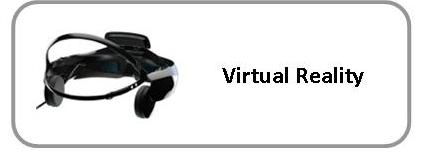
The virtual reality facility is part of UCL technical platform. The system records room body position and limb actions wirelessy using a Polhemus Liberty Latus 120HZ Motion Analysis System, and hand actions using 5DT Data Gloves. The system records physical movements, and synchronizes visual virtual movements displayed in a 3D in the head mounted display.
